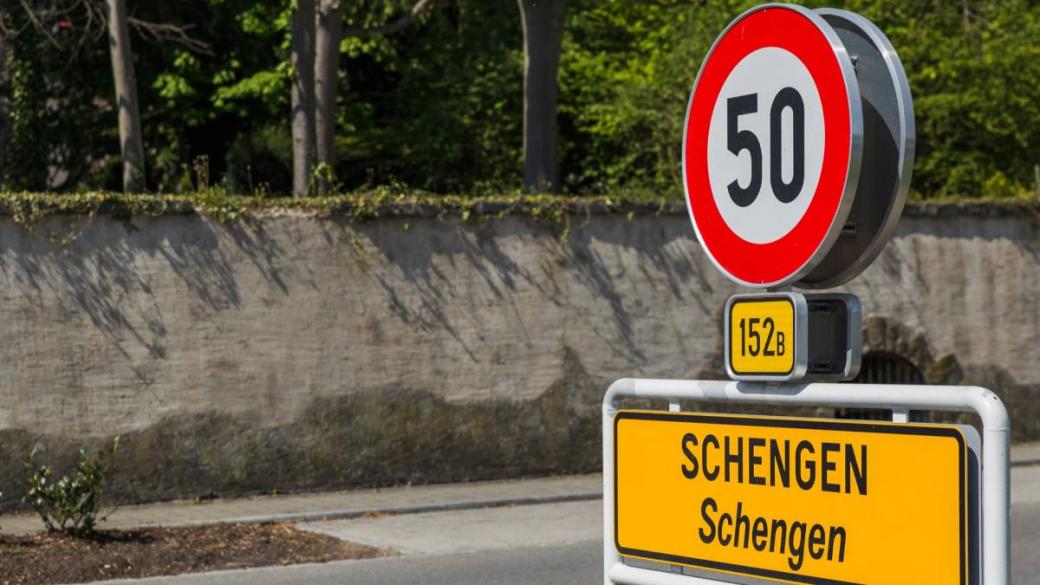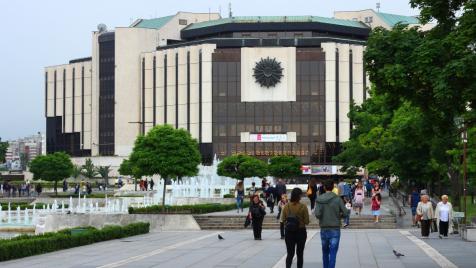"Helping the image": How will Schengen membership affect Bulgarian tourism?
According to experts, tourists should not be retained by limiting their choice, but on the contrary – by offering them "a good product and a balance between price and quality"

© ECONOMIC.BG / Depositphotos
Bulgaria and Romania are very likely to become full members of the Schengen area from January 1, 2025. Everything will be decided on December 12 in Brussels, when a meeting of EU interior ministers will be held.
For now, a positive outcome seems likely, since the ambassadors of the European Union states have already given their preliminary approval for the elimination of land border checks.
All of this, however, raises several issues related to tourism on the agenda, namely: how will the abolition of border checks affect Bulgarian tourism? Will more Bulgarians visit Greece in the summer? And could opening borders improve inbound tourism?
Sector experts are confident that the country's image and promotion will certainly improve after Bulgaria becomes a full member of the Schengen area.
Open borders
According to Daniela Stoeva, a member of the Association of Bulgarian Tour Operators and Travel Agents (ABTTA), and the owner of Tandem Tour, which deals with inbound tourism, Schengen will be extremely useful for tours that take place in the Balkans.
We have tourists who come from distant markets such as America and Asia. For them, the opening of the borders will be extremely useful when there are organized tours in the Balkans. We’ll minimize waiting at the borders," she says in a conversation with Economic.bg.
According to her, the new rules would be of great benefit to Romanian tourists who come to Bulgaria and who represent a large share of the foreign tourists coming to Bulgaria.
Vesselin Nalbantov, vice-president of the Bulgarian Hotel and Restaurant Association (BHRA) and owner of a hotel in Sunny Beach, believes that Schengen membership is "ideal for advertising and image purposes".
However, in terms of the influx of tourists, it gets overemphasized. Until now it hasn’t presented any obstacles as most of our tourists come by air. So, we don't have high expectations. Despite that, it is good for the image of our country in the sense that we will become a more open country," he told Economic.bg.
Will the domestic tourists flee to Greece?
Every year we witness miles-long lineups at the Kulata border crossing between Bulgaria and Greece. And if it has come to the point that even a five-hour wait tends not to turn people away from visiting our southern neighbor, then what would happen if there were no border checks, and everyone could pass through freely? There were fears that with the opening of the borders, Bulgarian tourists would all "flee" to Greece. However, representatives of the industry believe that the development of such a scenario is unlikely to happen.
We have seen that borders and lines are not a problem for tourists anyway. Of course, Greece is a competitor of Bulgaria, but in the end, it is important to have diversity and free access to more destinations," says Stoeva.
According to her, tourists should not be retained here by limiting their choices, but on the contrary – by offering them "a good product and a balance between price and quality".
After all, if that's there, an open border shouldn't really be a problem," says Daniela Stoeva.
Veselin Nalbantov is of a similar opinion. According to him, the "flight" of tourists to Greece is overhyped.
Both experts support their claims with data from national statistics, which still show that Bulgarian tourists are the main drivers in the sector. However, these numbers can also be read from another angle - that Bulgarian tourism has not yet managed to surpass its peak numbers from 2019 in terms of foreign visitors.
Despite everything, one thing is certain: if the Bulgarian tourism industry does not try to improve its services as much as possible and does not offer competitive prices, then we can really witness a mass outflow of vacationers from the country.
Translated by Tzvetozar Vincent Iolov

 Gabriela Mahlelieva
Gabriela Mahlelieva 